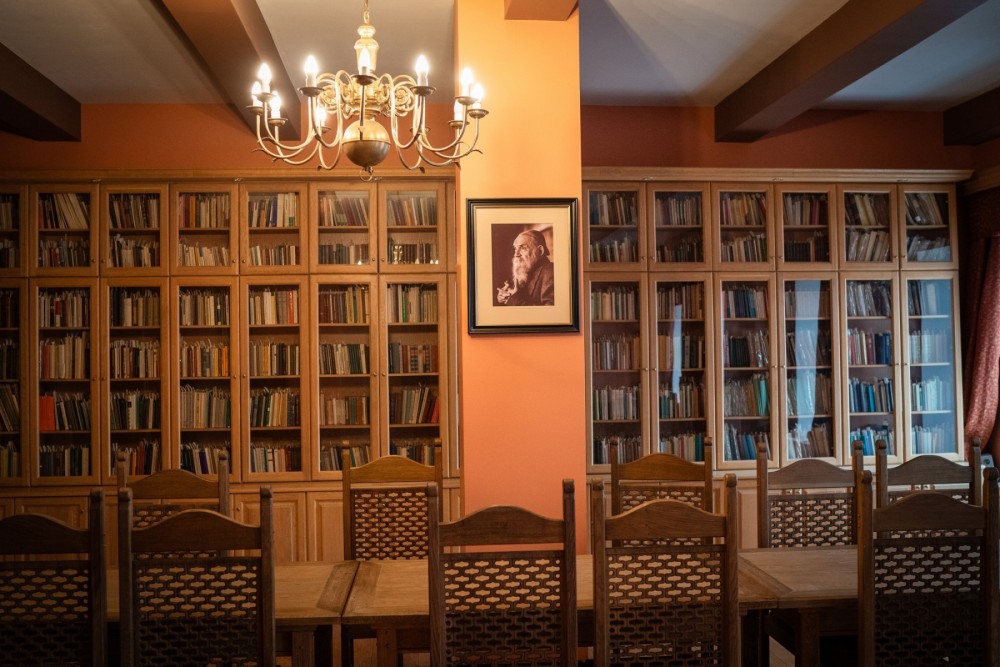
The article is devoted to the reading circle of students of theological schools of the 19th — early 20th centuries. In the Russian Empire, libraries played an exceptional role in religious education, being part of the system of state disciplinary practices aimed at building a «new world». The goal is to analyze the infosphere of Orthodox theological schools, which implies research of the reading circle of both teachers and students based on a study of the book collections of theological seminaries and academies, personal book collections of teachers and bishops, and periodical literature. Archival documents and memoirs are also valuable sources. The composition of libraries, as a component of the infosphere of the Orthodox religious institutions of the Russian Empire in the 19th — early 20th centuries, seems to be a clear catalyst in the analysis of Russian cultural and historical discourse and the history of religious, philosophical, and theological thought. The formation and replenishment of the collections of the libraries of theological schools, seminaries and academies reflects the history of these educational institutions themselves. The student’s and teacher’s circle of reading was not limited only by various kinds of philosophical and theological literature, but secular fiction and periodicals were also popular. The composition of the collections, especially student’s libraries, reflected the socio-cultural dynamics within the Russian Empire. The fundamental reason for this proposal is that the infosphere of Orthodox theological schools of the Russian Empire in the 19th-early 20th century deserves a comprehensive analysis, especially relevant in the time of active growth of theological education in modernday Russia.
Source: Denis D. Pyzikov, Alexandra O. Blinkova, Tatiana I. Khizhaya (2022). Libraries of Orthodox Theological Schools of the Russian Empire. Bylye Gody. 17(4): 1666-1674
Source web-site: https://bg.cherkasgu.press/journals_n/1669898969.pdf
Number of views: 2092